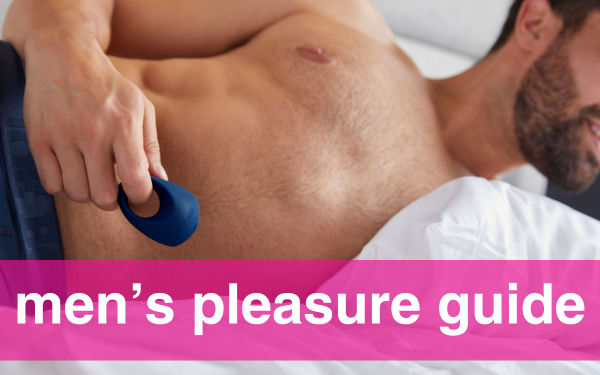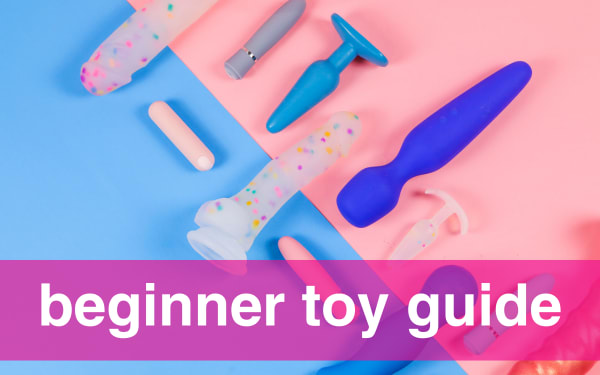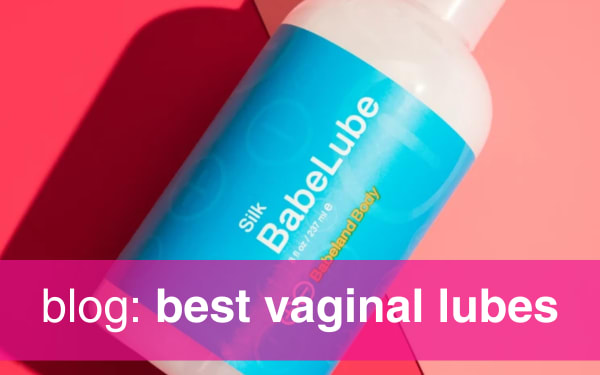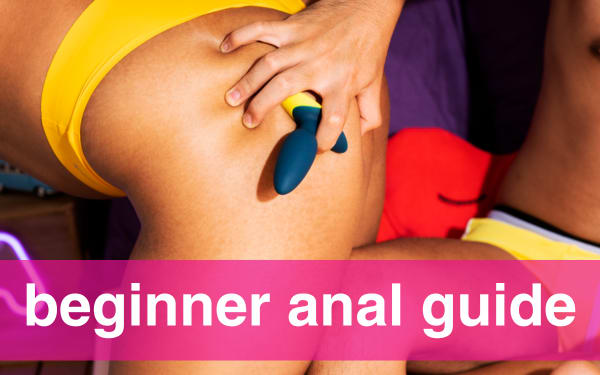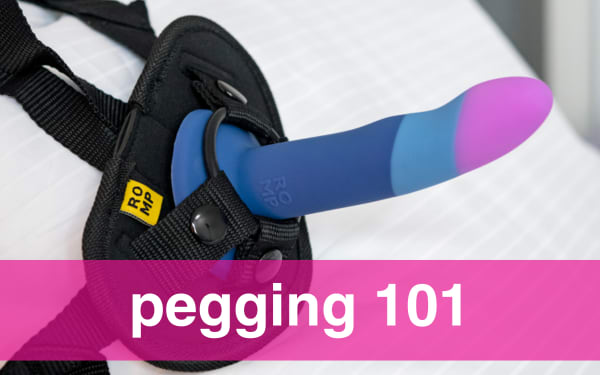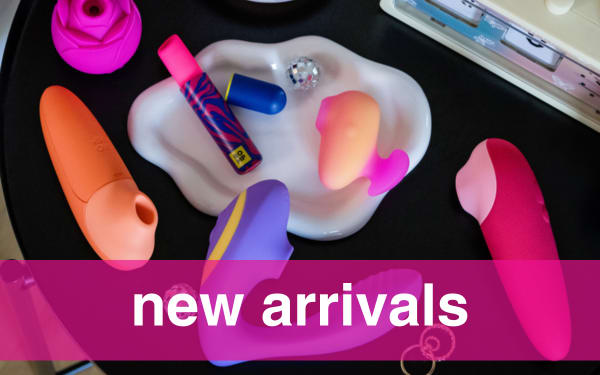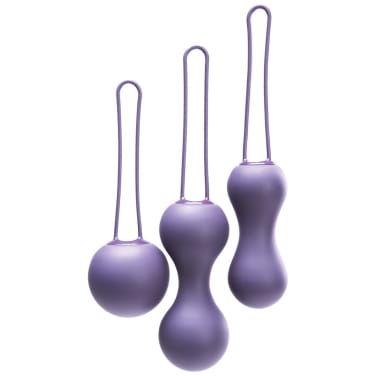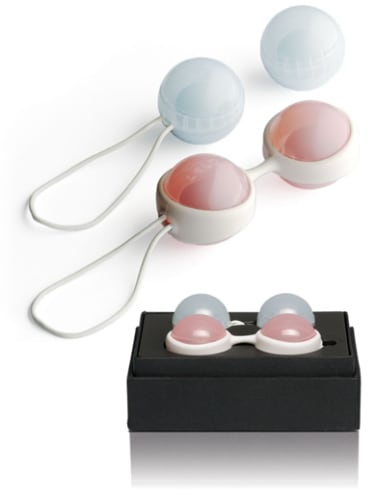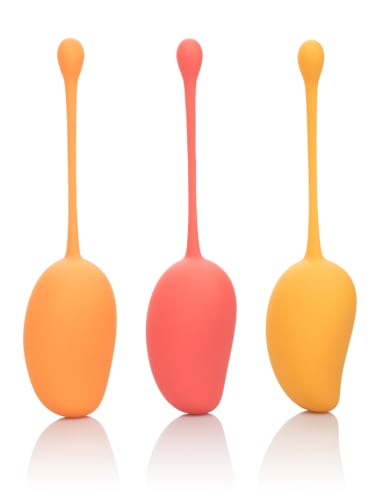Getting a Grip: Kegels

They are part of the group of muscles that make up the pelvic floor, a sling that goes from the pubic bone to the tailbone and holds our pelvic organs--that's handy for sure, but there's much more to them than acting as a hammock for our inner workings. They cradle the internal elements of our genitals and anus, regardless of what kind of genitals we have and how we identify our gender. These are the muscles that pulse and feel so good during orgasm.
When our pelvic floor muscles are in great shape, that's optimal--but like other muscles in our bodies, they can also be too weak or too tight. Neither is a plus for our sex lives. Tight PC muscles can cause pain and spasm, which in turn can affect ease of penetration and make intercourse, insertive toy play, and even using a tampon hurt. These kinds of problems point to a need to relax those muscles. Too-weak PC muscles bring their own issues. These can lead to pelvic organ prolapse and/or incontinence over time, as well as affecting the strength of ejaculation, the ability to squeeze with vaginal or anal muscles, and that lovely pulsing sensation that comes with orgasm. Yes, Kegel problems can make the orgasm itself feel weak or barely-there! (Orgasm itself happens in the brain, but most of us associate that pulsing sensation--which can also propel ejaculate--with climax.)
Kegel health is especially relevant during pregnancy and at certain other times in the life cycle. The PCs can get weaker when we live sedentary lives, not getting much core exercise. Age can affect them. They're important after pelvic surgery, including prostate surgery. Anxiety about sex can make PC tightness worse; people who cough a lot or strain during bowel movements can find weakness increases. We all need to pay attention to pelvic floor health.
Fortunately, there are pelvic floor specialists (including specially trained physical therapists) to help--and there are exercises you can do at home and products that make them easy and pleasurable to do!
How to do a Kegel:
First, figure out which muscle to squeeze. Tightening butt cheeks or abdomen won't help with these pelvic floor issues. The muscle group to isolate is the one you'd use to stop a flow of urine mid-stream. Explore while you're peeing, or in the shower. Once you've found it, don't continue to stop/start urine as you do the exercises--that would be bad for bladder health. Instead, squeeze those muscles while you're doing other things like standing in line, watching TV, washing the dishes. Or you can do them lying down. Tighten the muscle, hold it for a count of three, relax it. Work up to sets of ten three times a day.
The relaxation is just as important as the squeeze--you want an optimally healthy pelvic floor, not a too-tight one or a weak one, and pelvic health experts tell us they frequently see people who cause more problems with pain and spasm because they have only concentrated on strengthening these muscles. To do the relaxation part, it helps to time the relaxation phase with breathing out. Imagine yourself relaxing as you breathe out the tightness in those muscles.
Many people find it is easier and more pleasurable to use a toy made for pelvic exercise while working on pelvic floor health. (These can add some bonus G-spot or prostate sensation too!) Aneros devices are designed for prostate health and make great Kegel helpers. There are many styles of Kegel balls available for vaginal use, most with a silicone pull string to allow you to tug gently on them--which feels nice and gives you the opportunity to squeeze down on them during use. Choose a lube you like (and that is compatible with the material of your toy).
Whatever you choose to help you maintain your pelvic floor health, take a moment to appreciate these awesome muscles that help keep our pelvic organs where they're supposed to be, increase our sexual health, and help us enjoy orgasm. Give them a squeeze!


